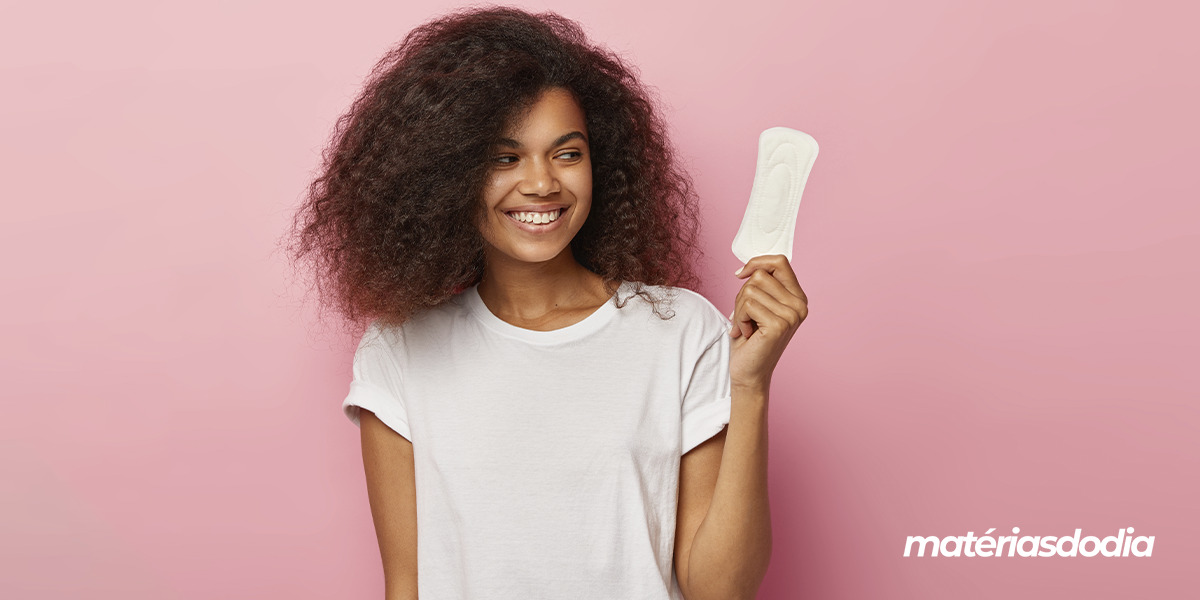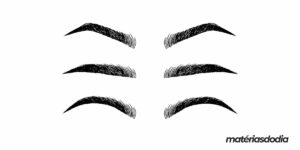On March 8, 2023, on International Women's Day, the Federal Government issued Decree No. 11,432, which created the Menstrual Dignity Program, an initiative to promote awareness about the naturalness of the menstrual cycle and the provision of free sanitary pads.
Given this reality, the program ensures that sanitary pads are distributed free of charge by the SUS in adequate quantities to cover the entire menstrual period of women aged 18 to 49, at no cost.
Continue reading to better understand the criteria for participating in the program, in addition to the distribution locations and what documentation is required to collect the pads.
Quick answer
Did you know that you can now get free sanitary pads through the SUS? If you are between 10 and 49 years old and registered with CadÚnico or in an extremely vulnerable situation, these menstrual hygiene items are rightfully yours. To withdraw, download the authorization on the Meu SUS Digital app or on the website and take it with an identity document to a pharmacy registered in the program. Be sure to inform yourself; Guaranteeing access to sanitary pads means guaranteeing health and dignity!What is period poverty and how much does it affect women?

Menstrual poverty is a social problem characterized by a lack of resources and even knowledge on the part of women in situations of economic vulnerability and can lead to several negative consequences, such as health problems, social stigma and barriers to education.
Many girls miss school during their periods due to lack of access to menstrual products or fear of leaks and humiliation. Furthermore, period poverty can limit women's participation in work and other economic activities, reinforcing cycles of poverty and dependency.
The UN estimates that at least 500 million girls and women do not have the facilities to have adequate menstrual hygiene. According to UNICEF, many people use inappropriate materials to absorb menstrual blood, which can result in urogenital diseases and infections, cervical cancer or Toxic Shock Syndrome.
Who is entitled to receive free sanitary pads through the SUS?
The federal government has dedicated itself to ensuring that free sanitary pads are available through the SUS for those who need it most. Therefore, there are set criteria to determine whether someone can receive these essential items. Are they:
- Be between 18 and 49 years old;
- Have a registration with CadÚnico;
- Be enrolled in a public school and have low income (half the minimum wage); or
- Being in a situation of extreme social vulnerability (with monthly income up to R$ 218.00); or
- Being homeless.
How to remove the free sanitary pad?
The distribution of sanitary pads will be carried out mainly through the Programa Farmácia Popular do Brasil (PFPB), which is present in more than 4,600 Brazilian municipalities. Each person is entitled to 40 units of sanitary pads to use during two menstrual cycles, that is, every 56-day period.
To withdraw, you must present the following documentation:
- Official identification document with photo and CPF number or identity document containing the CPF number;
- “Authorization of the Menstrual Dignity Program”, in digital or printed format, which must be generated via the application or website of the My Digital SUS.
To access the Meu SUS digital website, simply register with GOV. As for purchases for children under 16, this must be done by their legal guardian.
Conclusion
By ensuring free access to sanitary pads for vulnerable women, the Menstrual Dignity Program not only addresses a basic physical need, but also works to remove social and educational barriers that have kept many women and girls in cycles of poverty and exclusion.
In the long term, it is hoped that initiatives like this will contribute to a fairer and more equal society, where no woman is harmed for simply experiencing a natural biological process.




